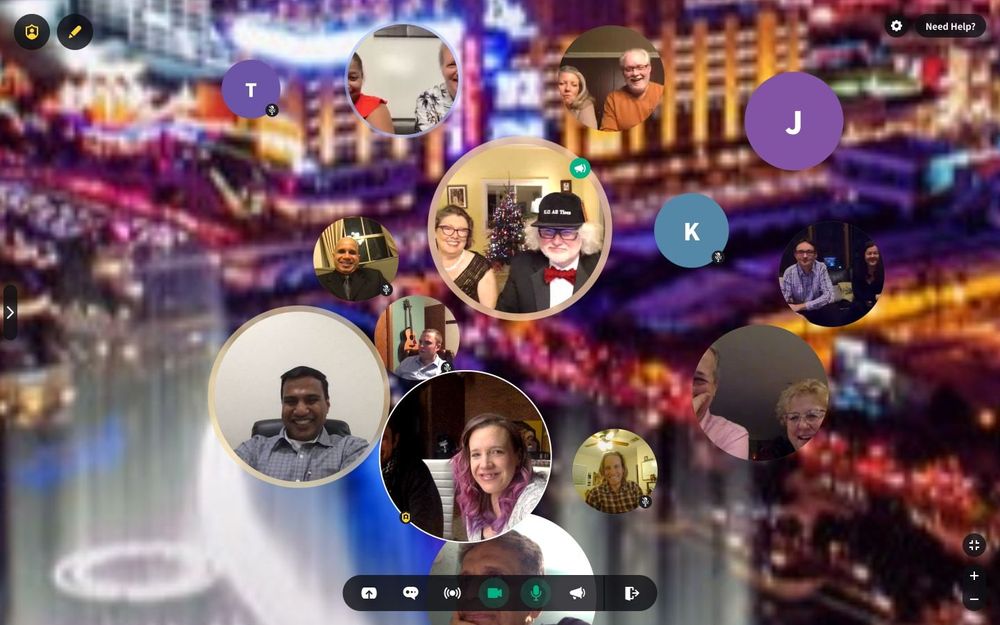Recently I watched Jurassic World again with my kids. They loved the film, but I was amused when after the film one of my enthusiastic children felt like she really understood how to make dinosaurs. Somewhere between watching Jurassic Park and Jurassic World, she felt like she totally understood cloning and how to use DNA to make a dinosaur.
What she was experiencing was her brain producing the illusion of understanding. This is one of the pitfalls of being human. Your brain wants you to feel good about the models of the world you carry around with you — and not understanding stuff is embarrassing and painful personally. It is much easier to assure yourself that you understand things well enough than it is to truly assess your understanding of concepts.
It only took a few minutes of questioning to show her that her understanding was illusory, but unfortunately that’s not always the case in our adult life. What my child was experiencing is common. For our entire life we are challenged by new information and have to learn new skills. What we have to struggle against is our brain constantly telling us that “Hey, we totally understand this! No worries!”
We’ve talked on this blog about Cargo Cult Programming, which is also affiliated with illusory understanding. You may have also run into people who feel like they know everything about a topic but actually don’t have the competence they think they have. Psychologists now refer to this phenomena as the Dunning-Kruger Effect after some very amusing (and deeply interesting) research into how people actually perform relative to their confidence. Popular science articles around this topic often make it out to be specifically about overconfidence in the face of gross incompetence, but the actual study data shows more overconfidence in the face of mediocre competence. There can be too much confidence with a basic knowledge (the illusion of understanding) and then there is a long stretch where people become competent enough that they don’t know everything and need to check their work, followed by a high confidence based on high competence.
Our CEO shared this video with everyone last week and it is a beautiful demonstration of how the illusion of understanding can manifest itself.
The Backwards Brain Bicycle (via Smarter Every Day):
Related to bicycles and this topic, I’m reminded of an interesting story from 2016. An artist asked 500 people over a six year period to take two minutes and draw a bicycle from memory. Surprisingly, despite familiarity with these ubiquitous machines, most people could not actually do the task. Similarly, most people believe they know what the United States looks like, but few can actually draw an even remotely accurate map from memory.
I must restrain myself from diverging off into the many fascinating psychology tangents that this topic suggests, but I would like to talk a bit about how we work through this often unavoidable challenge at Apex Process Consultants.
- We use Agile software development methodology to conduct your software project. This means we work with your business owners and experts every step of the way.
- Before we write a single line of code, we conduct detailed Envisioning sessions to identify the components of the processes that we will be working with. We’ve been using this approach for more than a decade to achieve consistent success for our clients.
- Agile includes frequent playbacks presented for your stakeholders. This is another opportunity for misconceptions to be identified, shortcomings to be addressed and to gather feedback from the people who will actually rely on the end product.
- While we are proud of our work, we don’t let ego get in the way of listening to and understanding your feedback. If you’re not satisfied, we’re not satisfied.
In BPM/BAW software development projects, we are challenged to reproduce a software model of your real world processes. This challenge of overcoming the Illusion of Understanding is a minefield for the unprepared developer — but it has been our experience that not only do our developers come to understand your business, but that our clients often end up understanding it better themselves through our methodology. This is how we are able to help create process improvement in fields where we are not experts. You are the experts, and we work with you every step of the way to ensure that our understanding is no illusion.
And I’ll close with an interesting word related to this topic of illusory understanding:
Ultracrepidarianism: the habit of giving opinions or advice on matters outside of one’s expertise.
This term is from the 1800s, but refers to a comment written by Pliny the Elder in the first century. Apparently a shoemaker was critiquing the work of famous artist Apelles and this prompted the painter to say, “Shoemaker, not beyond the shoe.”
If you get a chance to drop ultracrepidarianism into a cocktail party conversation, be sure and let me know at blake.smith@apexbpm.com!





